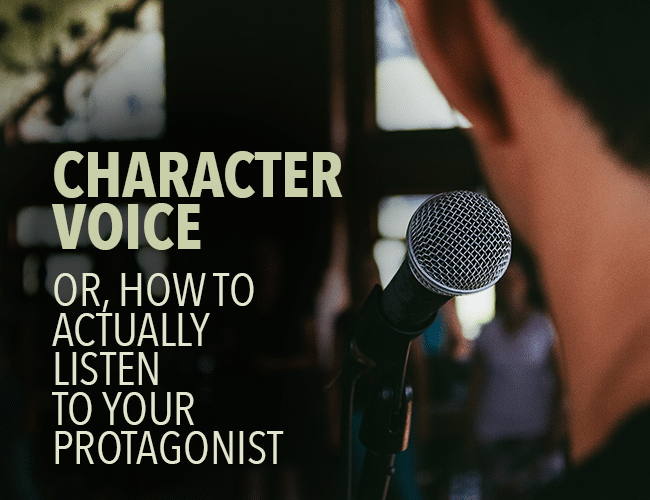
by Pamela Fernuik |
Pretend you are an interviewer for a newspaper, a secret agent, or a novelist, and you are interviewing, or interrogating, a character for your story. Imagine the character is sitting in front of you, you have a new fifty sheet yellow writing pad and your favorite pencil your cat chewed, and you are about to ask them a list of questions.
Create a character by conducting an interview. Interview your character before you start writing so you can immerse yourself completely in who they are and what they stand for. Interview them and find out who they are.

by Pamela Fernuik |
What is the person in your story like? Who is your protagonist? Here are six characterization questions to help you reveal your protagonist’s character.

by Monica M. Clark |
A couple weeks ago, I attended an author talk with Colson Whitehead at Politics & Prose in D.C.
The author has been writing novels for 18 years, but recently he’s been getting a lot of attention because his new book, The Underground Railroad, was inducted into Oprah’s coveted Book Club. The book is about the escape from slavery to freedom in the antebellum south, but it also has fantastical elements—a literal underground railroad that exposes the protagonist to different worlds at each station.
Here are five tips I gleaned from his talk.

by The Magic Violinist |
One of the key signs of a well-written character is when the reader is able to identify them with a single line of dialogue. It’s that feeling of I’d know that character anywhere. How are authors able to perfect this art? By finding their voice.

by Sue Weems |
I’m working through a revision, and one of my main problems is the protagonist. My editor and a beta reader both suggested amping up her emotional appeal, leaving comments such as, “I’m not invested in this character yet” and “I want to care about her, but I don’t in this scene.” Ouch. I’ve created a bland character.
So amping up emotional appeal. Is there a lipstick for that? How do I amp up emotional appeal?

by Guest Blogger |
Anyone who has dipped their toes into the world of writing novels knows how crucial character development is to telling strong stories. Plot, setting, and dialogue are necessary building blocks of fiction, but your characters are the foundation that your story is resting on—without dynamic characters, no amount of plot twists, fantastical settings, or authentic dialogue will magically transform into a novel that people want to read.
If the success of your novel is in fact riding on the strength of your characters, you need to know who they are, inside and out. More importantly, you need a character with a strong voice, one that can reveal the emotional depths of your story to the reader.








